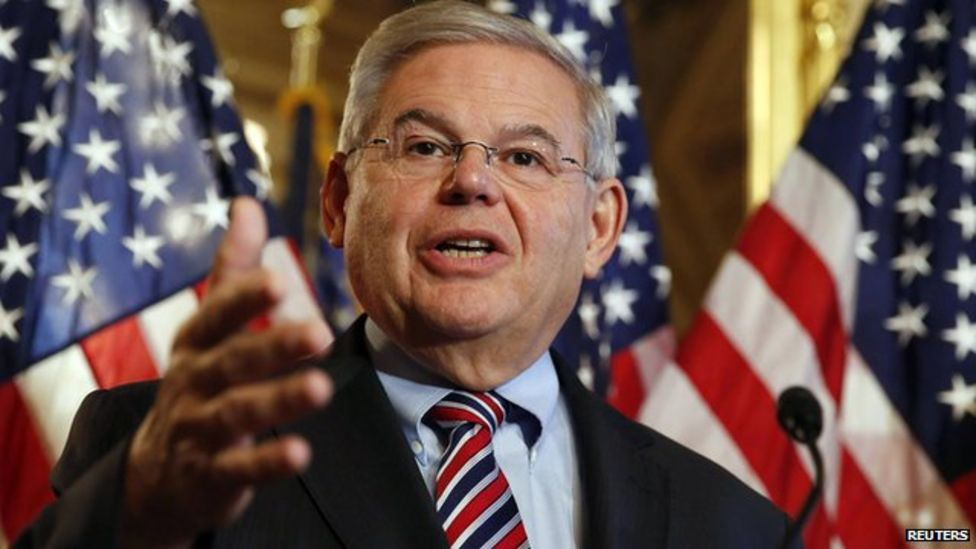Reuters
Consumers in the U.S. are the least optimistic in five months as concerns about inflation affected views of their personal finances.
A preliminary reading of the University of Michigan’s Consumer Sentiment Index dropped to 63 from a final reading of 68.1 in September. It’s the lowest level since May, when the index was at 59.2. The number stayed further from the near-two-year high of 71.6 in July.
According to the survey, assessments of personal finances fell 15% from September. Consumers’ sentiment of business conditions in one year fell 19% but remained little changed for the long-run, which suggests consumers don’t expect worsening economic conditions to persist, the report said.
Inflation in the 12 months through September was 3.7%, the same level of August, the Bureau of Labor Statistics said Thursday. Prices rose 0.4% from August. The pressure came mainly from higher rents and gas prices.
Annual U.S. inflation continues to be well above the Federal Reserve’s target of 2%. Markets expect the Fed to increase its benchmark interest rate one more time this year from the current range of 5.25% to 5.5%.
Concerns about consumer behavior were flagged by JPMorgan, Citigroup and Wells Fargo on Friday in their third-quarter earnings results. Although the three big U.S. banks reported higher profits for the period, they warned of a slowdown in spending.
JPMorgan Chief Executive Officer Jamie Dimon said in a statement that U.S. consumers and businesses are still healthy, but “consumers are spending down their excess cash buffers.”
Citi said a deceleration in spending indicates an “increasingly cautious consumer.” Wells Fargo also pointed to a deterioration of credit.







